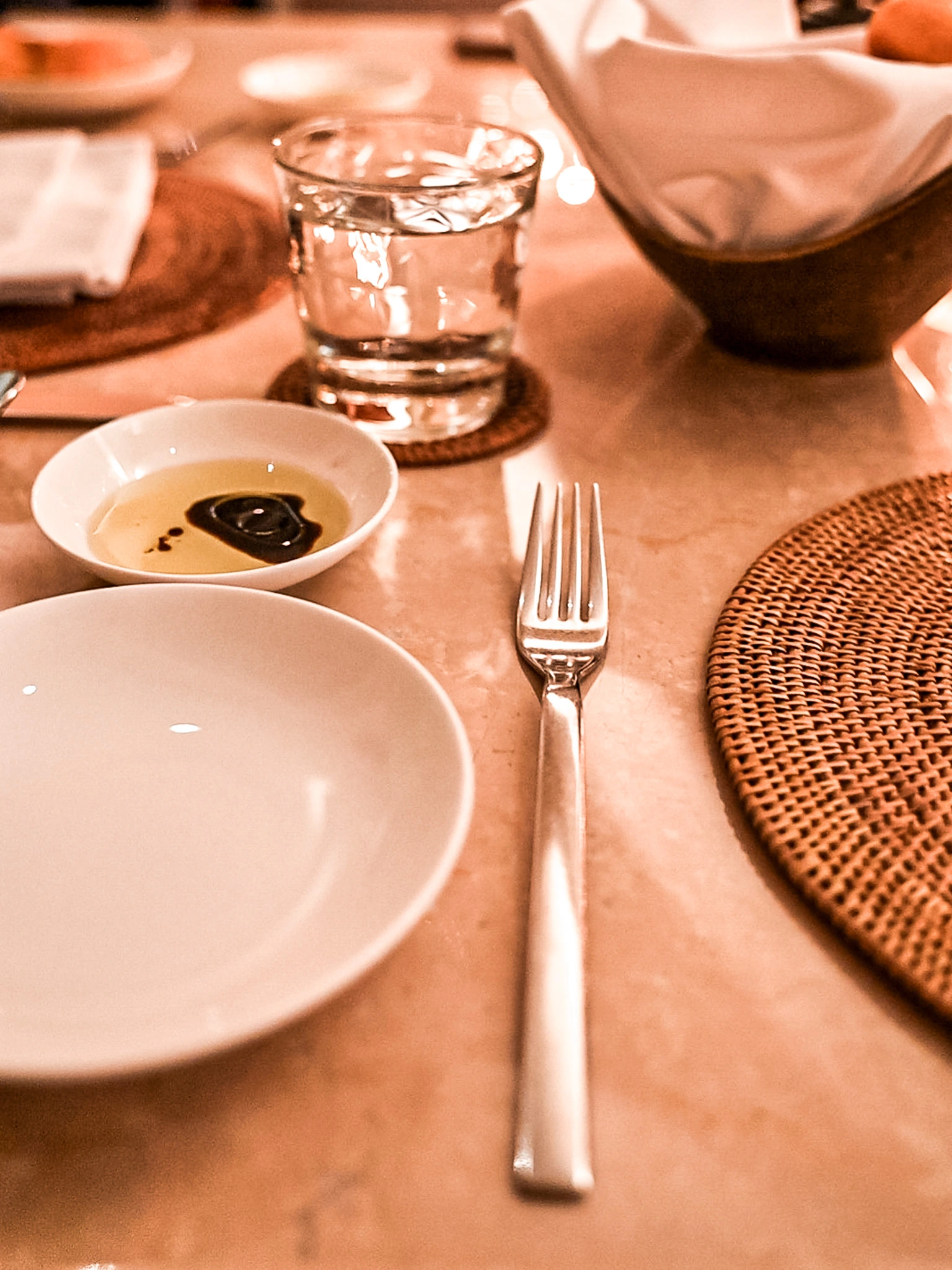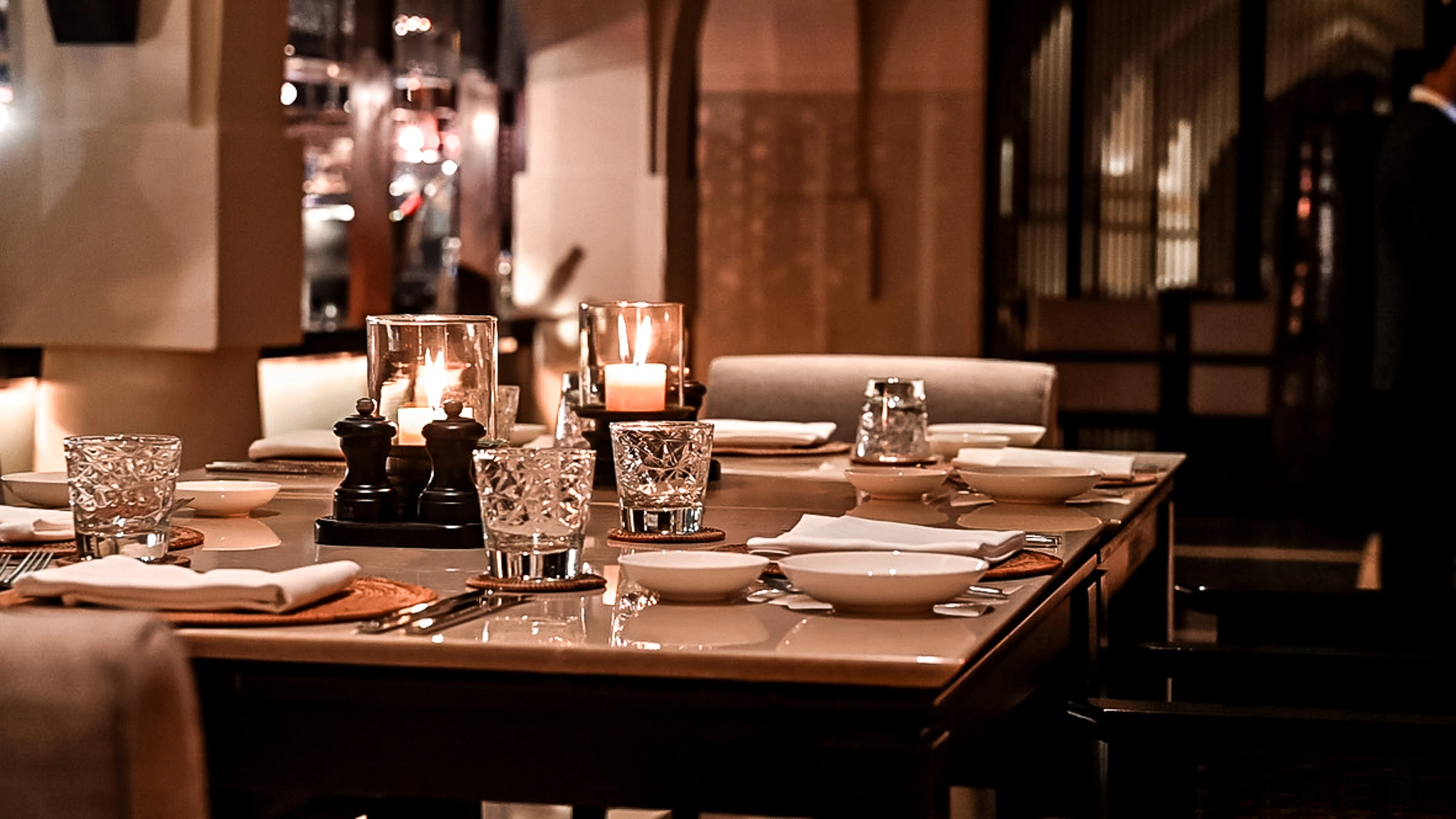Navigating Omani Culture:
Etiquette Tips for Your Upcoming Trip
If you are looking for a simple guide on how to prepare yourself for your trip, you might find this post very handy. Traveling to the Middle East first time in my life this year was a big event. It was my first visit to Muscat, and it left an indelible impression on me and my husband. It gave the perfect opportunity to experience the local culture first-hand, to connect with the people, and to embrace it more deeply throughout my ten-day trip. Was it enough? Definitely not. It felt like the beginning of a story, as though the door had only been tilted, and all I wanted was to open it fully and allow myself to step in and explore even more.
My preparations for the trip began with learning more about Islam, its values, and the culture that shapes daily life in Oman. I paid particular attention to the local customs, attire, and behaviours, especially as a European woman, to ensure I wouldn’t inadvertently offend anyone. I also spent time studying local dining etiquette and food traditions, hoping to appreciate every detail of the Omani experience. In terms of packing, I opted for ankle-length dresses and a few scarves to complement my look, assuming it would suffice. Little did I know, there was much more to discover and embrace.

Navigating Omani Culture
Attire
When I first arrived in Oman, I quickly realized that true beauty isn’t just about dressing appropriately—it’s about the overall look. Omani women often wear monochromatic outfits, carefully chosen shoes, and high-quality scarves to complete their look. Their makeup is always precisely applied, and their jewelry is of the finest quality. Every detail contributes to a stunning and refined appearance. As I began to embrace this style, such as wearing a traditional Bedouin dress to the mosque, I noticed I received more appreciation and gratitude from those around me. Similarly, my husband, who wore the traditional Omani dishdasha and kuma, was often complimented by the men we met, making new friends wherever we went. It became clear that accepting and respecting local attire and customs was a meaningful gesture of goodwill. By adopting their traditions, we showed a deeper level of respect that was genuinely appreciated.
Oman is more relaxed compared to some neighbouring countries, but modest clothing is still expected in most public areas. Women aren’t legally required to cover their heads except when visiting religious sites like mosques. However, it’s common for women to wear loose, modest clothing that covers their shoulders and knees. When exploring traditional markets, historical sites, or smaller towns, it’s a good idea for women to cover their arms and legs. While the dress code is more relaxed in the cities, it’s always best to stay on the side of modesty. I always carry a lightweight scarf with me, which comes in handy to cover my head or shoulders when needed. Men should also dress modestly in Oman. Long trousers and light shirts are suitable for most occasions. While shorts are fine in casual or touristy spots, wearing long trousers helps avoid discomfort or unwanted attention in public areas, such as cities or cultural sites. At Oman’s beaches or resorts, the dress code is more relaxed, but modesty still plays a key role. Bikinis and standard swimwear are allowed in private resort areas. However, on public beaches, women should opt for more conservative swimwear, like a full swimsuit or swimsuit with swim leggings. For men, swim trunks are acceptable, but it’s a good idea to wear a T-shirt outside the water in public areas.
During our visit to several Wadis, we learned that some allowed swimming while others didn’t. Wadi Shab was a highlight of our trip, and many people, including myself, chose to wear bikinis or swimsuits there.

Omanis are incredibly welcoming and friendly
Hospitality
Omanis are incredibly welcoming and friendly, always eager to make your stay unforgettable and leave you with cherished memories. From the moment we arrived, we felt their warmth and hospitality. The hotel staff addressed all our questions, and taxi drivers suggested places we hadn’t read about, eager to show us the true beauty of the city. Their kindness is woven into everyday life, and they know how to make you feel genuinely welcome. Whether answering questions with detailed explanations or guiding you with a smile, their interactions always felt personal and sincere. Their hospitality goes beyond words, extending to small acts of kindness like offering traditional Omani coffee (kahwa) or inviting you to share a meal.
These moments made me feel honoured, respected and truly cared for, strengthening my sense of belonging in Muscat. As an Etiquette Consultant, I was particularly moved by how these simple conversations turned into meaningful connections and lasting friendships. Omanis readily share their culture, whether explaining local traditions, offering travel recommendations, or telling stories about their history, making every interaction feel like an invitation into their world. It’s clear that they care deeply about the reputation of their country and strive to ensure visitors leave with positive memories, encouraging them to return. One of the most unforgettable experiences was our visit to Murtah Souq, where locals helped us avoid being taken advantage of by shopkeepers. This encounter led to another local connection, who became a friend and continued to assist us throughout the trip.
These experiences left us talking about returning again and again. Shortly after our trip, we booked our next visit, eager to dive even deeper into Omani culture and relive the incredible memories.

The rich and unique experience of Omani dining
Dining
Instead of opting for a meal at a fancy restaurant with a white tablecloth, I encourage you to explore the rich and unique experience of Omani dining. This tradition offers an authentic glimpse into the country’s culture and reflects the warmth and hospitality of its people. Omani meals are often shared on large platters while sitting on the floor, fostering a relaxed, communal atmosphere that enhances the experience. In restaurants, dining areas are often separated by curtains, a practice rooted in tradition and modesty that adds an intimate touch to the meal.
In Oman, meals are typically eaten with the right hand. Sharing food, especially bread and rice, is a key part of the experience. In Muslim culture, the left hand is considered ‘unclean,’ reserved for personal hygiene. However, if you happen to use your left hand by mistake, don’t worry—locals will understand that you’re a foreigner and may not be familiar with the customs. Also, don’t expect to be offered a napkin. Instead, you’ll find boxes of tissues everywhere (I’d never seen so many tissue boxes until I came to Oman!), which you can use to wipe your hands after coffee or during meals. After eating, it’s customary to wash your hands.
Women often dine separately from men, sharing meals and bonding over the experience. Later, you might be offered coffee with rose water and a sweet halwa for dessert. When drinking coffee, be careful not to finish your cup unless you want a refill. If you empty your cup, your host will keep refilling it. To signal that you are finished, hand the cup back with your right hand and gently shake it from side to side. The cups will then be placed in a large bowl of water next to the host. Coffee is typically served with dates and various fruits, and it’s common for the host to cut up the fruit and offer pieces to guests.
Dining in Oman is about more than just food; it’s about hospitality, respect, and togetherness. Proper hygiene, like washing hands before meals, is essential. From an etiquette standpoint, it’s a ritual that emphasizes cherishing time with loved ones, building relationships, and preserving traditional customs for future generations. A memorable Friday lunch at the local Sheikh’s house gave me deeper insights into the importance of family meals. It inspired me to make more time for shared meals in my own home, honouring them as an important tradition. Surrounded by women, I witnessed the strong bond and sisterhood they share, which reminded me of the importance of staying connected with mothers, aunts, and cousins to exchange experiences and wisdom. These bonds are vital, not only for nurturing familial relationships but also for supporting our mental well-being.
~
Visiting Oman is not just about exploring a new destination, but also about immersing oneself in a culture rich with traditions, warmth, and genuine hospitality. By embracing the local customs, from dressing modestly to respecting dining etiquette, travellers can forge deeper connections with the people and the place. Omani culture offers a unique opportunity to experience the beauty of shared meals, meaningful conversations, and authentic interactions. My time in Muscat left us (me and my husband) with memories that will last a lifetime. It also brought so many interesting observations and conclusions. I encourage anyone planning a visit to take the time to understand and appreciate the nuances of Omani etiquette—it will enhance your journey and leave you with a sense of belonging that few other destinations can offer.
